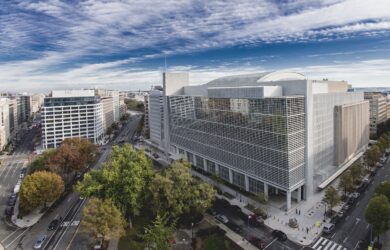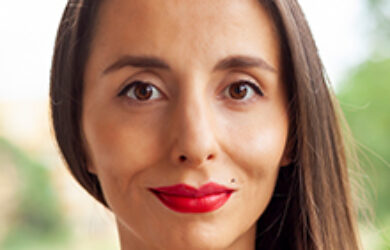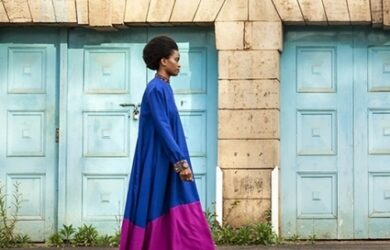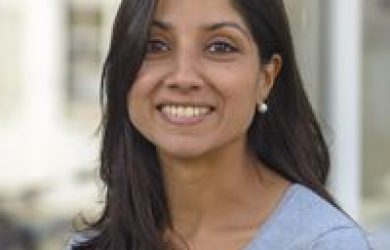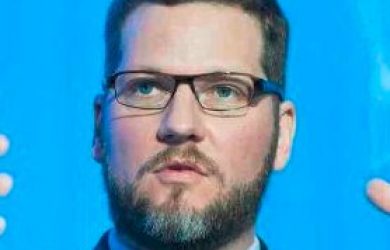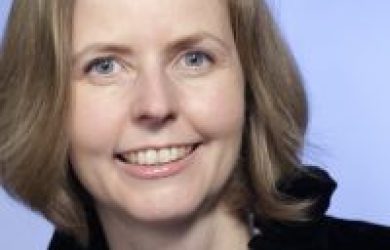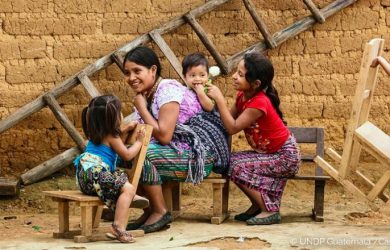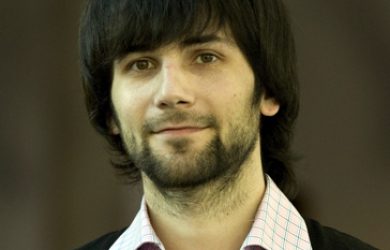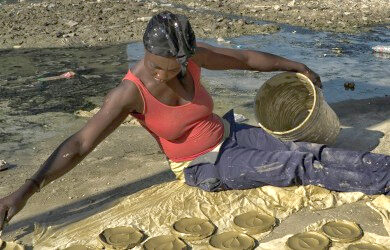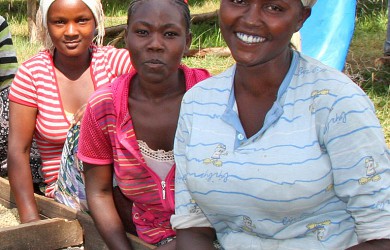- ABOUT US
- RESEARCH
- EDUCATION
- The Graduate School
- PhD Programme
- MSc Programmes
- Capacity Development
- News
- Design and Evaluation of Public Policies (DEPP)
- Design and Evaluation of Innovation Policies (DEIP)
- Evidence-Based Policy Research Methods (EPRM)
- Migration Management Diploma Programme (MMDP)
- Moving the Migration Policy Agenda Forward (MMPAF)
- Online Courses
- Short Courses (Masters)
- Tailor-made programmes
- UNU-MERIT, ITU Academy Training Centre
- Alumni
- Academic Funding
- NEWS
- EVENTS
- PUBLICATIONS
- LIBRARY
How to start a career at a multilateral development bank
11 October 2023
Tips and tricks from our dual career PhD fellows To kick off the 2023–2024 academic year, three of our dual career PhD fellows – Ari Perdana, Ilsa Meidina and Laisa Daza Obando – held a panel discussion about careers in multilateral development banks, describing their personal experiences of working in these organisations and offering advice for those wanting to enter the field. Here’s a short summary of what they had to share. What are multilateral development banks (MDBs) and what do they do? ...
Continue Reading →PhD candidate wins World Bank fellowship on development economics
16 September 2021
PhD candidate Mariajose Silva Vargas has been named a Robert S. McNamara Fellow at the World Bank, where she will be hosted for 2021-22 in the Infrastructure and Climate Change unit, part of the Development Impact Evaluation department, in Washington DC, USA. As a large part of her work, Mariajose uses field experiments to address socio-economic questions in countries of the Global South. For example, she is currently running projects in Uganda to study land markets and the socio-economic integr...
Continue Reading →PhD fellow tops World Bank call to visualise development impact
16 April 2021
The World Bank launched its Development Impact blog on 1 April 2011, and has since published exactly 1500 posts. To celebrate turning 10, the editors of the blog decided to replace its meteor logo with something that better captures the aim of development research: i.e. to inform on the range of potential outcomes and choices in policy design and development processes. Responding to a call for artistic ideas, our Bolivian-Italian PhD fellow Mariajose Silva-Vargas sent in the image above, which w...
Continue Reading →Working with the World Bank to boost food security in Ethiopia
14 January 2019
I have always been interested in pursuing a PhD. After working for a number of years and having a family, I felt that I needed a programme that would allow me to pursue my PhD and my career, while not having to interrupt either in any way. GPAC2 was the programme that appeared to fit the most....
Continue Reading →How one short course helped me become more efficient, systematic & structured
28 November 2018
I had been searching for a programme that allowed me to combine my specific research interests with a rather busy work schedule. The blended format with in-person classes and distance learning modules worked very well for me, by providing a good balance between flexibility of schedule and the opportunity to meet in person the tutors and faculty staff during the first couple of weeks of the programme. This allowed me to develop a good working relationship with the tutors, while also meeting other...
Continue Reading →Missing the wood for the trees: How the Amazon is key to the climate change struggle
29 October 2018
My research addresses the problem of deforestation and forest preservation in Brazil. This country has the largest stretch of tropical forest in the world. Surprisingly, and this is good news for once, Brazil has reduced yearly deforestation levels dramatically over the last decade. Since the Rio Conference in 1993, the Brazilian government has given protected status to 40% of the ‘Amazônia Legal’ region. This means it has demarcated indigenous areas, monitored deforestation via satellite imager...
Continue Reading →What Lies Beyond the Poverty Line: Real Hope or Harsh Reality?
11 April 2017
Reports on the fight against global poverty are often optimistic — sometimes too optimistic. Part of the problem is “our” reliance on a simplistic measure, which draws an absolute poverty line of $1.90 per day in so-called 2011 international purchasing power parity. What can we do differently and where should we draw the line in our attempts to eradicate extreme poverty? The leading international source on poverty statistics, the World Bank, has many sophisticated measures avai...
Continue Reading →From Bishkek to Washington: Dr. Aziz Atamanov
14 April 2015
Dr. Aziz Atamanov graduated September 2011 from the PhD programme in Public Policy and Policy Analysis here at the School of Governance. He soon joined the World Bank, first as a consultant on the Central Asian region and, since 2012, on data management, poverty and shared prosperity analysis on the MENA region. Dr. Mindel van de Laar spoke with Aziz at World Bank HQ, Washington DC, in early April. She asked him how his PhD launched his career, how he has grown ‘on the job’, and what...
Continue Reading →Time to Rethink Development Goals on Extreme Poverty?
08 April 2015
The World Bank’s goal of cutting extreme poverty to less than 3% by 2030 is not achievable, says poverty expert Dr. Richard Bluhm. Development goals should be more realistic and policies should aim to build up institutions that promote inter-ethnic trust and long-term economic growth. World Bank President Jim Yong Kim says we can eradicate extreme poverty worldwide. In the last quarter of a century, the number of extreme poor has fallen by two-thirds: in 1990, 36% of the world’s population had t...
Continue Reading →Time to Rethink Business in Rural Africa?
19 March 2014
It’s the “International Year of Family Farming” and time we realized that families are key to rural development in Africa. Smallholders manage 80 per cent of African farmland, often doing a lot more than tilling the land. Homes and markets are full of family entrepreneurs, working in everything from entertainment to hairdressing to repairs. So we think that 2014 should also highlight the work of non-farm businesses. In the 1960s and 70s these small businesses were low productive, survivalist act...
Continue Reading →12
Archives
Contact
UNU-MERIT
Boschstraat 24
6211 AX Maastricht
The Netherlands
T: +31 43 388 44 00
Email: info@merit.unu.edu
Boschstraat 24
6211 AX Maastricht
The Netherlands
T: +31 43 388 44 00
Email: info@merit.unu.edu
Partner sites
Newsletters
© 2024 UNU-MERIT | Maastricht University


